The LEC has confirmed a pivotal change to its player eligibility criteria heading into the 2024 season. Effective as of January, the minimum age for League of Legends players competing in the LEC will be raised from 17 to 18, Riot Games announced today.
At the beginning of the year, the LEC mistakenly released a statement prematurely revealing the age limit increase, and Maximilian Peter Schmidt, the director of League esports EMEA, tried to clarify the situation. “We have been evaluating the option to raise the age requirement as we had no underage players recently, it unlocks potential future sponsorships and we strongly believe in our ERLs & EM as the foundation of our ecosystem, but have decided against it for the time being,” Schmidt said earlier this year.
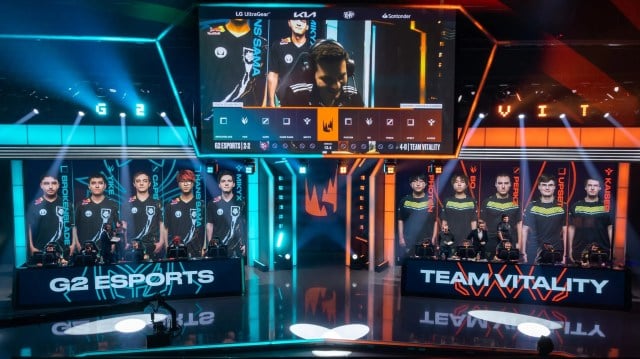
Schmidt acknowledged that the article was outdated and emphasized that while the league had been considering raising the age requirement, the decision had been put on hold.
Fast forward almost a year and the LEC has officially confirmed the implementation of a new age limit rule. This move is expected to have a significant impact on the landscape of competitive League competitions in Europe, not only in the LEC.
In a roundtable on Dec. 5, Schmidt provided additional insights into the decision, highlighting how the LEC “evaluates very carefully the needs of our partner teams, the specific current economic environment, as well as assessing the recent player age of the players participating in the LEC as staff.”
Citing the importance of sustainability for the EMEA ecosystem, Schmidt said this shift to an 18-year age limit for LEC participation aligns with the league’s commitment to “secure the LEC’s long-term stability,” which is of “critical importance” for everyone in the region.
He also highlighted that the LEC did not have many—if any—underage players in recent splits. In the “flourishing” ERL ecosystem, on the other hand, the age requirement will remain at 16 years old.
Addressing questions about potential new partners and the impact on sponsorships that raising the minimum age for the LEC brings to the scene, Schmidt started by explaining the sponsorship categories in the LEC. The league works on regular partnerships, prohibited sponsorships, and conditional sponsorships, which have approval mechanisms in place—and conditional sponsorships could benefit from the increase in the age limit.
“In select individual instances, provided that potential partner that, for example, a team would submit to the league, can be approved based on the increase in age limit because there would not be a minor representing a potential conditional sponsorship,” Schmidt said.
While Schmidt did not share specific details about which new partners could benefit from the change, he talked about the “careful consideration of applications” and the commitment of the league to “safeguarding the sport and audience.” He emphasized that the LEC will carefully evaluate potential sponsorships and ensure their alignment with the league’s “values and the well-being of its community.”
Besides the potential new sponsorships coming to the LEC and its teams, the age limit change brings attention to the emerging young talents who have consistently been a prominent topic in EMEA, where teams perpetually scout ERLs for the next rising star. But the impending introduction of the age limit adjustment in 2024 may lead to a significant transformation in how teams strategize for roster creation and manage team dynamics.


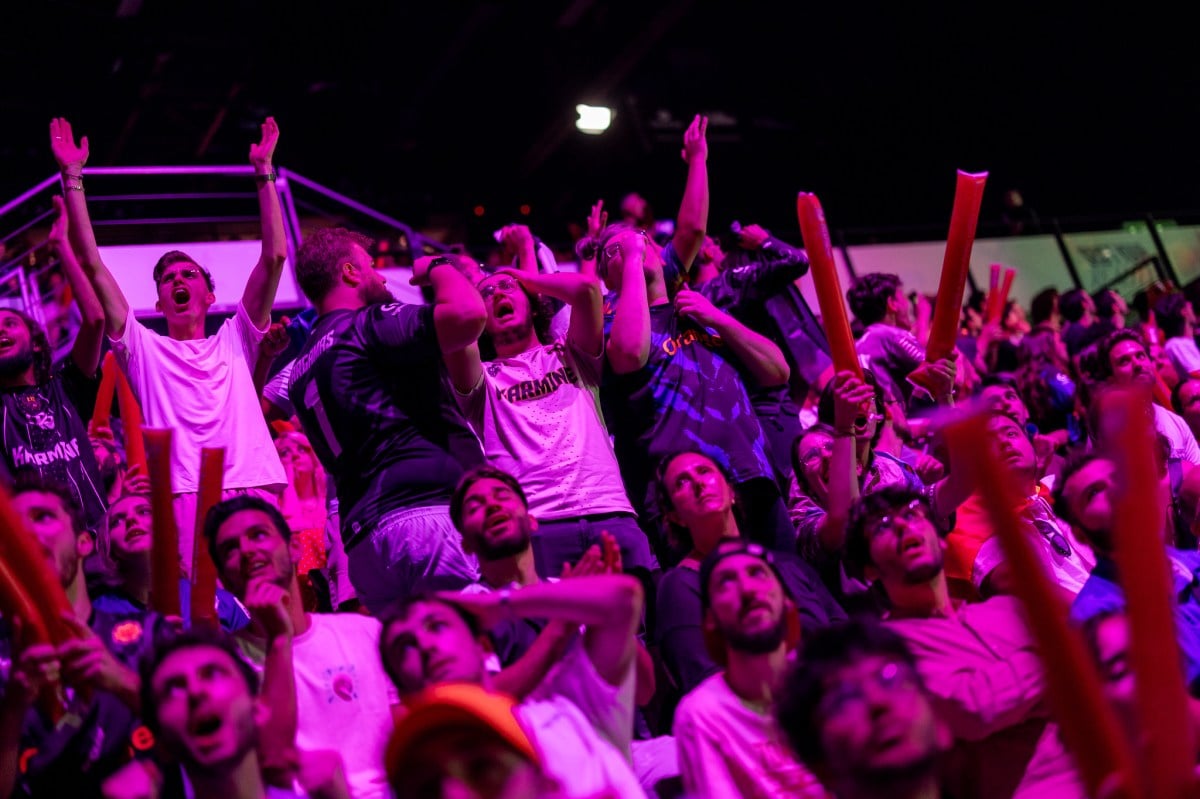
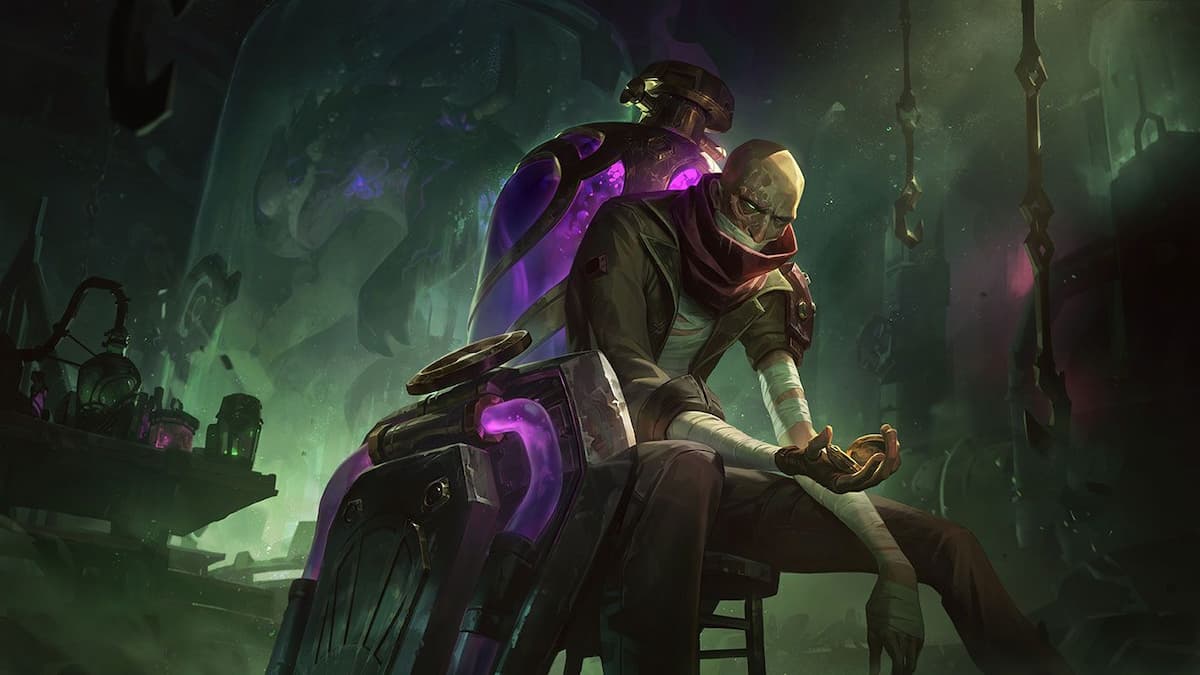
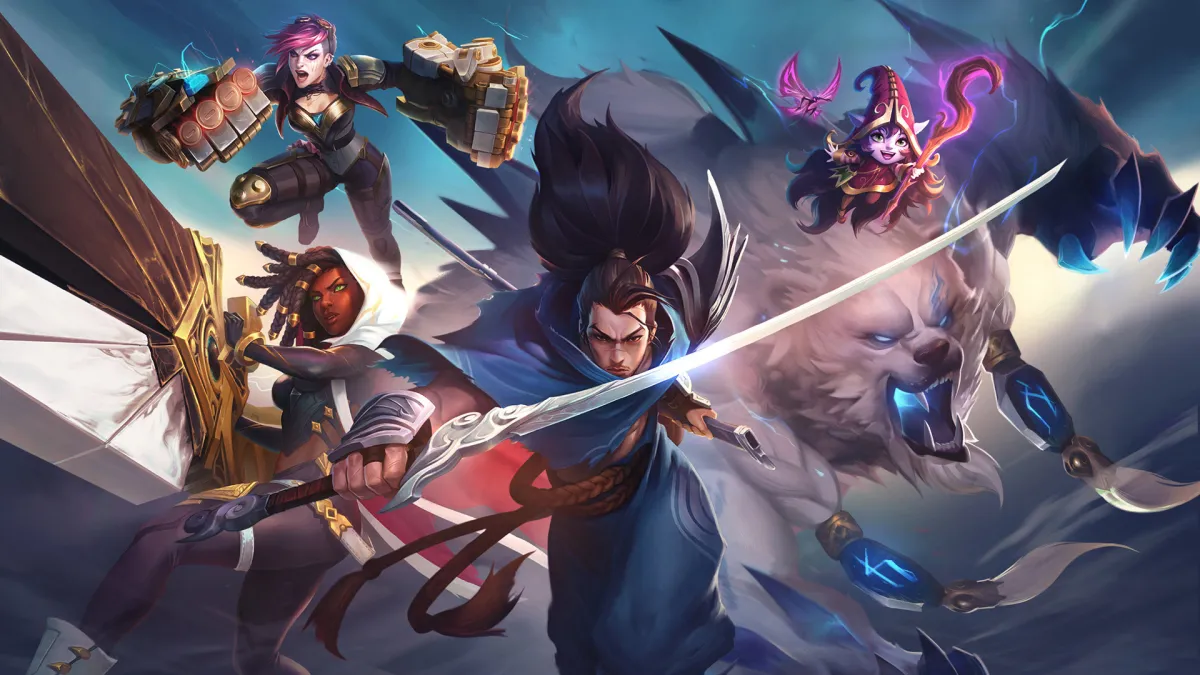
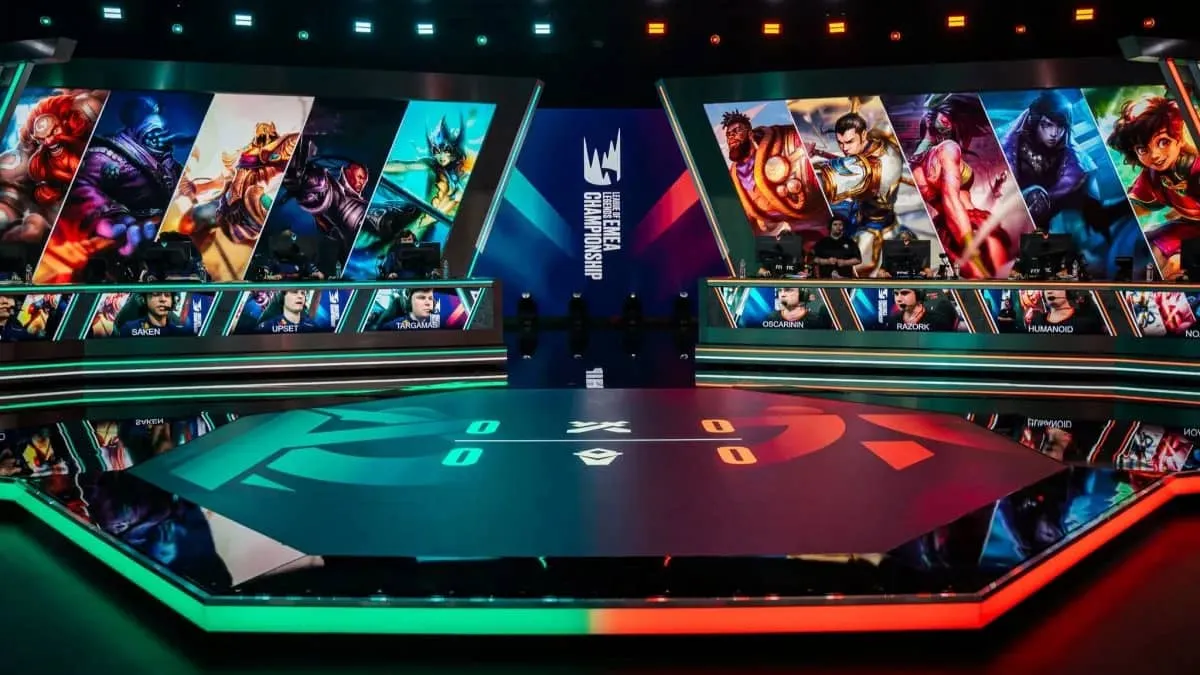

Published: Dec 6, 2023 10:32 am